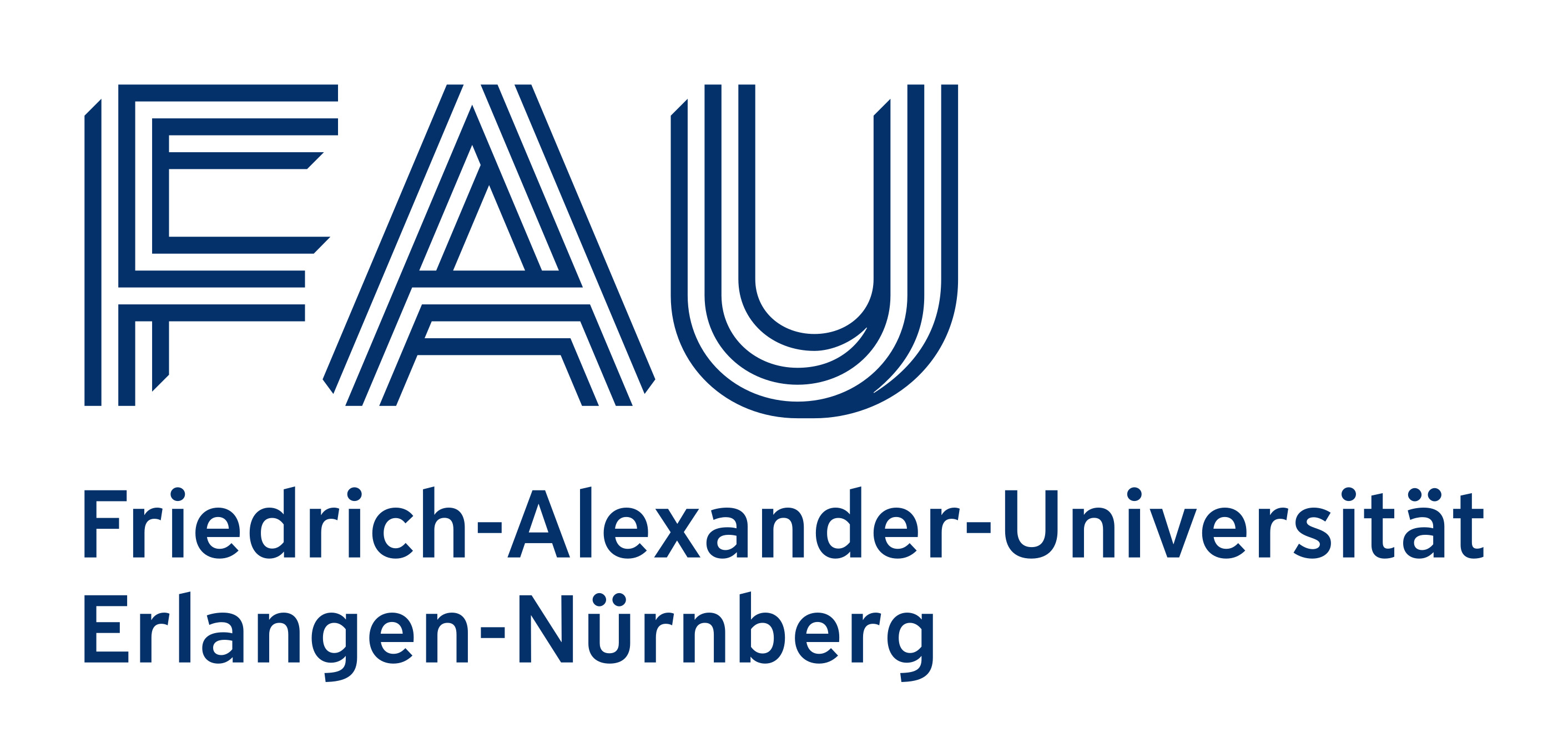Constitutional courts and transnational solidarity conflicts

Conflict and conflict resolution

Research material

Research aims

Affiliation

Teresa Violante
Teresa Violante is a lawyer specialising in Constitutional Law. She is currently writing her PhD dissertation at Friedrich-Alexander-University Erlangen-Nürnberg. She is the Director of the Institute of the Global Rule of Law of the European Public Law Organization and a Guest Lecturer at Universidade Lusófona (Lisbon). She has studied in Coimbra, Utrecht, Padova, London and Lisbon. She holds a European Master's Degree in Human Rights and Democratization from the Università Degli Studi di Padova. She has worked as a Law Clerk for the Portuguese Constitutional Court for over ten years. She has published extensively on Constitutional Law and Comparative Constitutional Law. Her research focuses on the relationship between constitutional adjudication and the legislative branch.
Contact: violante@mpil.de
Selected publications:
- "Judicial Accountability of Financial Assistance in the Case of Eurozone Debtor Countries", in Mark Dawson (ed.) Substantive Accountability in Europe's New Economic Governance. Cambridge: Cambridge University Press, § 11, 2023, 240-266.
- “Portugal: From Transformative to Open Constitutionalism”, in: Marco Dani, Marco Goldoni, Agustín Menendéz (eds.). The Legitimacy of European Constitutional Orders. A Comparative Enquiry. Edward Elgar, 2023, 113-136.
- “Access to Health Care by Migrants with Precarious Status During a Health Crisis: Some Insights from Portugal” (with Vera Lúcia Raposo), Human Rights Review, 22, 2021, 459-482.
- “Constitutional Adjudication as a Forum for Contesting Austerity: The Case of Portugal”, in: Anuscheh Farahat e Xabier Arzoz (eds.). Contesting Austerity. A Socio-Legal Inquiry. Oxford: Hart Publishing, 2021, 173-190.
- “Bring Back the Politics: The PSPP Ruling in Its Institutional Context”, in German Law Journal, 21, 2020, 1045-1057.
- “Data Retention in Portugal”. In: Marek Zubik, Jan Podkwik and Robert Rybski (eds). European Constitutional Courts Towards Data Retention Laws. Cham: Springer, 2020, 175-187.
-
The Case for Corona Bonds
Anuscheh Farahat supports Matthias Goldmann's proposal for corona bonds
-
Brent Spar Revisited?
Kristina Schönfeldt's Blogpost on German Practice in International Law
-
From Constitutional Normality to the State of Emergency
Teresa Violante's and Rui T. Lanceiro's blogpost on the coping with Covid-19 in Portugal
-
Against the Apocalyptic Swan Song: A Plea for Practical Hope
Anuscheh Farahat's intervention on the Verfassungsblog
-
Combatting TINA-Rhetoric through Judicial Review
Anuscheh Farahat and Teresa Violante on constitutional review in times of austerity
-
(Not) Striking down Surrogate Motherhood
Teresa Violante on the Recent Decision of the Portuguese Constitutional Court
-
Populism as a wildcard of the democratic promise
Marius Hildebrand together with Astrid Séville and Conrad Lluis Martell on Soziopolis
-
Constitutional complaint in Portugal?
Teresa Violante's opinion on the possible introduction of the constitutional complaint in Portugal
-
Pushing for transformation
Anuscheh Farahat about transformative constitutionalism on the international law blog
-
Disenchantment failed
Marius Hildebrand on the Swiss People's Party as avantgarde of the New Right in Europe

